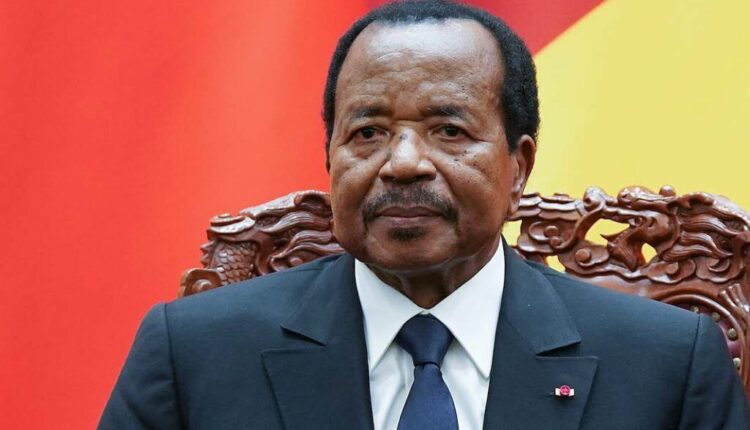Speculation over the wellbeing and whereabouts of Cameroon’s 91-year-old President Paul Biya has become a hot topic across Africa this week.
After attending the China-Africa summit in Beijing in early September, it was perhaps no surprise that he gave the UN General Assembly in New York a miss.
But when he stayed away from this week’s summit of French-speaking countries (La Francophonie) at Viller Cotterêts, north of Paris, the rumour mill went into overdrive, as he had not been seen in public for about a month.
Cameroon’s ambassador in France insisted that Biya was “in good health” and in Geneva – his habitual base when away from home.
Other sources suggested this was because he needed to rest under medical supervision after a heavy diplomatic schedule in July and August.
After all, he is Africa’s oldest head of state and the second longest-serving, narrowly beaten to that record by President Teodoro Obiang Nguema of neighbouring Equatorial Guinea.
Such mundane indications were not enough to still speculative guesswork about Biya in Africa-interested media and political circles.
So finally the government spokesman, René Sadi, issued a formal denial of the rumours, adding that the president would return home “in the next few days”.
And the head of the president’s private office, with him in Geneva, also said he was “in excellent health”.
Cameroon occupies a key strategic location, as the gateway to landlocked Chad and the Central African Republic (CAR).
Apart from struggling to fully suppress jihadist violence around Lake Chad, it also wrestles with a complex and often violent crisis in its English-speaking regions.
In leading the response to these challenges, Biya has brought an unusual personal style that often eschews the front of the stage, without any apparent personal need to engage in diplomatic presenteeism or performative summitry.
He is a habitual non-attendee at many gatherings of African leaders.
Even back home, with his measured speech and cautious tone, Biya has for many years spaced his personal interventions, largely delegating the day-to-day running of the government, and handling of technical dossiers, to a succession of prime ministers.
Unexplained absences from public view have been nothing out of the ordinary for this most enigmatic of presidents.
Rumours that he has died do surface from time to time, largely because of these unannounced disappearances from the scene.
But this low-key style belies the determination with which he contrived his arrival in power in 1982, elbowing aside his patron and predecessor.
Ahmadou Ahidjo, promising liberalising change before entrenching a hold on the presidency that no subsequent challenger or campaign of protest has managed to shift.
As a wave of multi-party democratising change swept across much of Africa at the beginning of the 1990s, Biya was one of several incumbent leaders to shrewdly adapt, allowing sufficient reform to take the heat out of mass protest while nevertheless firmly keeping control.
Since one narrow election victory back in 1992, he has shrugged off subsequent political challenges, helped perhaps by manipulation of the polls and certainly by the divisions among often tactically inept opponents.
Now, with Biya’s current seven-year term drawing to an end in November 2025, supporters have even been pressing the 91-year-old to stand again.
Critics feel that it is long past time for Cameroon’s national leadership to pass to a younger generation who could tackle national problems and explore opportunities for development and progress with more speed and dynamism.
Source : BBC


Comments are closed.